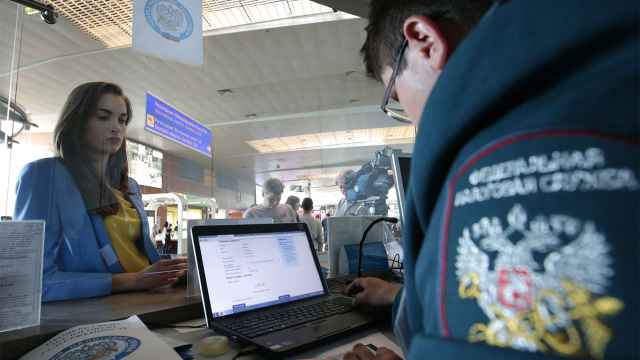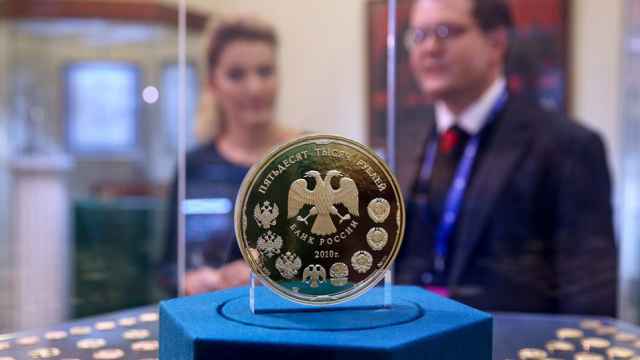Russia’s monthly fiscal deficit reached a record 3.9 trillion rubles in December amid the EU-imposed ban on seaborne crude oil exports and the increasing operational cost of Russia's invasion of Ukraine, according to preliminary budget data analyzed by Bloomberg.
Finance Minister Anton Siluanov on Tuesday also confirmed that Russia’s total budget deficit in 2022 amounted to 3.3 trillion rubles ($47 billion) or 2.3% of the country’s GDP, making it the second-largest deficit in modern Russian history, surpassed only by that recorded in 2020, at the height of the coronavirus pandemic.
Siluanov nevertheless remained optimistic about the resulting number during a Tuesday government meeting, noting that “funds allocated to state non-budgetary funds through deferrals on insurance premiums” should be taken into account when analyzing the budget deficit size.
“If we subtract these funds from the volume of expenses, then the deficit amounted to 1.8% of gross domestic product, which is less than 2%, as planned,” Siluanov said.
Russia’s total government spending in 2022 amounted to 31.11 trillion rubles, exceeding the pre-war forecast by over a third and the amount spent in 2021 by over a quarter.
Taxes on export sales of oil, gas, and other commodities were the key source of Russia’s budget revenues in 2022. Revenues generated by taxes on oil sales increased by 33% year-on-year, while tax revenue from gas sales also increased by more than three times.
However, in light of the recent EU sanctions and the bloc's gas price cap, the budget will no longer be able to rely on commodity exports in 2023.
“Russia is heading into the new year without this big cushion, without the European market for gas exports, with much lower oil prices and lower oil export volumes,” economist Janis Kluge of the German Institute for International and Security Affairs said in an interview with The Moscow Times earlier this month, adding that this was “going to be a big problem.”
A Message from The Moscow Times:
Dear readers,
We are facing unprecedented challenges. Russia's Prosecutor General's Office has designated The Moscow Times as an "undesirable" organization, criminalizing our work and putting our staff at risk of prosecution. This follows our earlier unjust labeling as a "foreign agent."
These actions are direct attempts to silence independent journalism in Russia. The authorities claim our work "discredits the decisions of the Russian leadership." We see things differently: we strive to provide accurate, unbiased reporting on Russia.
We, the journalists of The Moscow Times, refuse to be silenced. But to continue our work, we need your help.
Your support, no matter how small, makes a world of difference. If you can, please support us monthly starting from just $2. It's quick to set up, and every contribution makes a significant impact.
By supporting The Moscow Times, you're defending open, independent journalism in the face of repression. Thank you for standing with us.
Remind me later.






